The Christian Association of Nigeria (CAN) has accused the Presidency of twisting facts and misrepresenting its stance on the ongoing wave of killings targeting Christians across the country, describing the situation in parts of northern Nigeria and the Middle Belt as a “Christian genocide.”
In a strongly worded statement signed by its President, Archbishop Daniel Okoh, CAN dismissed claims credited to Presidential aide Barrister Daniel Bwala that the association had downplayed reports of religious persecution.
According to CAN, Bwala’s press release—titled “Presidency Debunks Western Christian Genocide Narrative in Dialogue with CAN Leadership”—falsely implied that Archbishop Okoh referred to the killings as a “so-called Christian genocide.”
“That portrayal is completely false and grossly unfair,” the statement read. “At no point did Archbishop Okoh use such words or express such a view. Referring to the tragedy as a ‘so-called genocide’ trivialises the pain of countless Christians who have lost loved ones, homes and places of worship in targeted attacks.”
The Christian body explained that Bwala’s visit to the CAN Secretariat in Abuja was to discuss remarks by U.S. Senator Ted Cruz, who had described the recurring violence against Christians in Nigeria as a genocide. CAN reiterated that its position on the matter had long been consistent — that Christians have suffered systematic and sustained attacks that amount to organised persecution.
“These are not isolated crimes but a continuing pattern of violence that has persisted for years without justice or closure,” the statement added.
CAN also cited verified data from www.orfa.africa presented during the meeting by Bishop Mike Akpami, its Director of Planning, Research and Strategy, which documented targeted attacks on Christians across several African regions, including Nigeria.
The association urged the Federal Government and security agencies to act “with urgency, fairness and transparency” to halt the killings and prosecute those responsible.
“Peace does not mean silence in the face of injustice,” Archbishop Okoh stressed. “Truth must always guide engagement between the Church, the State, and the public.”
Efforts to reach Presidential spokesman Bayo Onanuga and the Minister of Information, Mohammed Idris, for comment were unsuccessful as of press time.
Kukah to Global Community: “Don’t Punish Nigeria — Support Us”
Meanwhile, the Catholic Bishop of Sokoto Diocese, Matthew Hassan Kukah, has appealed to the international community not to re-designate Nigeria as a “Country of Particular Concern” (CPC) over alleged religious persecution.
Speaking at the Vatican during the launch of the Aid to the Church in Need (ACN) 2025 World Report on Religious Freedom, Bishop Kukah warned that such a move could derail ongoing peace and interfaith efforts.
While acknowledging Nigeria’s insecurity and deep-seated divisions, Kukah argued that the country’s crisis went beyond religion.
“We are not dealing with people killing because I am a Christian,” he said. “I live and work in Sokoto, in the womb of Islam, where collaboration between Christians and Muslims remains possible.”
The cleric, however, admitted that Nigeria’s weak governance structure had allowed conditions for what he called “genocidal violence” in some communities.
Kukah criticised the Buhari administration for worsening interfaith relations, saying, “Under Buhari, to gain power, it was more important to be a northern Muslim than to be a citizen of Nigeria.”
He commended President Bola Tinubu’s government for showing inclusiveness in appointments, describing recent efforts as “confidence-building measures aimed at restoring trust among Nigerians.”
Citing the Global Terrorism Index 2025, he noted a 37% drop in terror attacks in 2024 but warned that religious identity still fuels violence in northern Nigeria.
Kukah called on the government to ensure constitutional balance and challenge the constitutionality of Sharia law in 12 northern states.
“The President should go to court to have the adoption of Sharia law declared unconstitutional,” he said. “The secular state anticipated by the Constitution must be enforced.”
The Bishop urged the U.S. and other global powers to support Nigeria’s reform efforts rather than isolate it.
“What Nigeria needs now is vigilance, cooperation and pressure for reform—not isolation,” Kukah concluded.
He ended on a hopeful note, saying: “Nigeria, a nation of over 200 million people of faith, can make a great contribution to world peace if we rid our country of religious extremism. We should be supported and encouraged in this effort, not punished.”


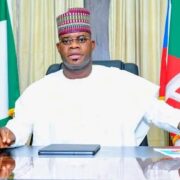
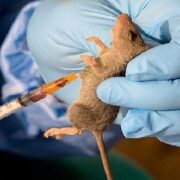
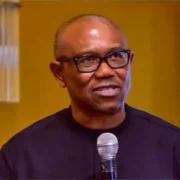
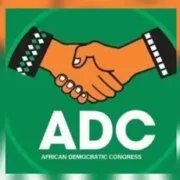
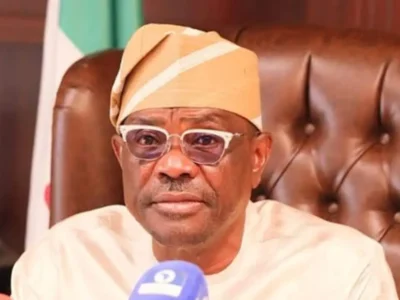
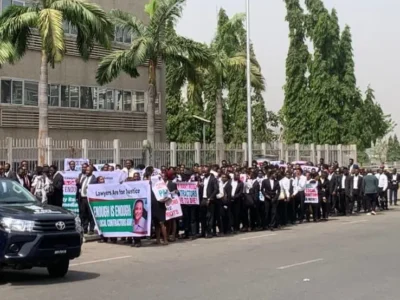
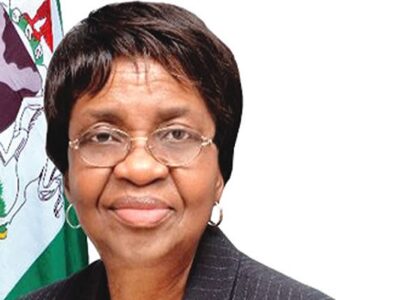
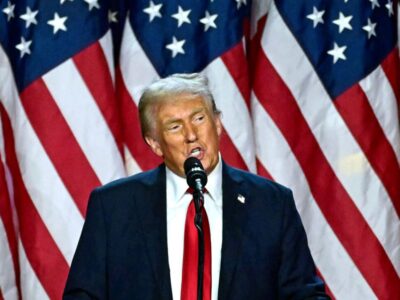









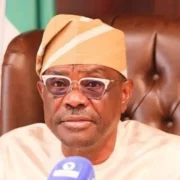
Comments